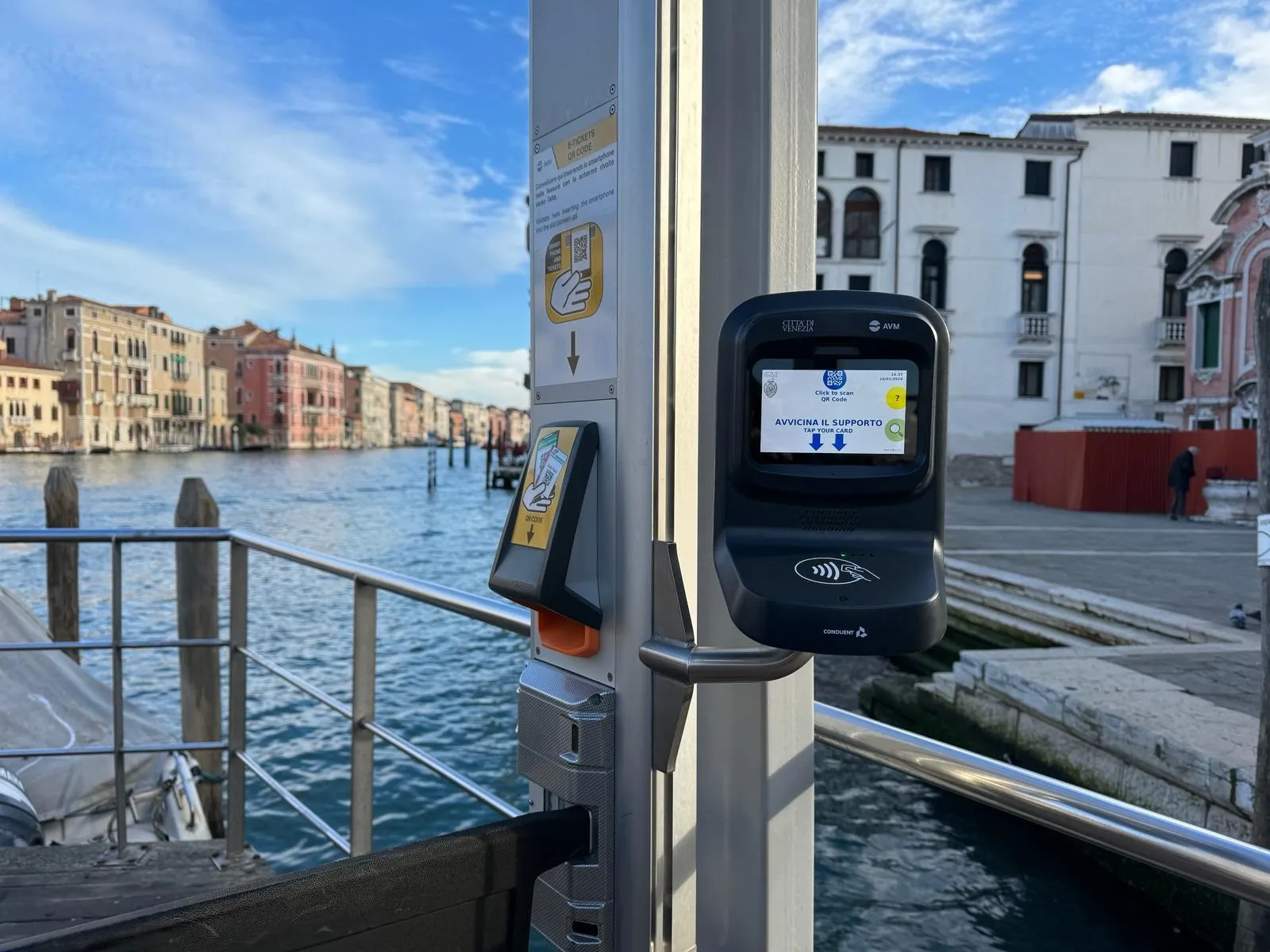All GVB trams in Amsterdam have been made cash-free as part of a strategy to increase safety for bus drivers and allow passengers to purchase tickets on board.
Additionally, riders can check in with their OV Chipkaart after purchasing a ticket at one of the points of sale.
Alexandra van Huffele, general director at the GVB Amsterdam, said: "The turnaround to cashless vehicles was a large-scale operation in which the introduction of pin was tested extensively and carefully. We are very pleased that we
April 10, 2018
Read time: 1 min
All GVB trams in Amsterdam have been made cash-free as part of a strategy to increase safety for bus drivers and allow passengers to purchase tickets on board.
Additionally, riders can check in with their OV Chipkaart after purchasing a ticket at one of the points of sale.
Alexandra van Huffele, general director at the GVB Amsterdam, said: "The turnaround to cashless vehicles was a large-scale operation in which the introduction of pin was tested extensively and carefully. We are very pleased that we have succeeded now. As for our colleagues it has now become a lot safer, and with on-board payment, we offer a welcome service to our travellers who want to buy a ticket on board."








